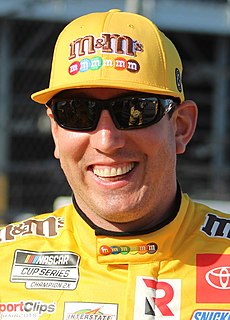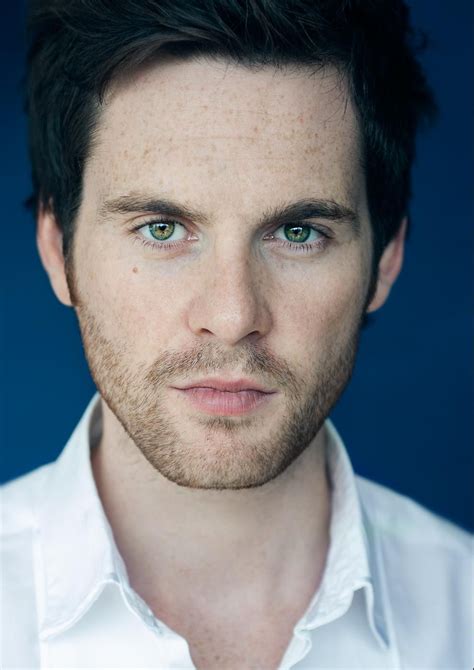A Quote by Maurice Maeterlinck
It is far more important that one's life should be perceived than that it should be transformed; for no sooner has it been perceived, than it transforms itself of its own accord.
Related Quotes
Corporate identity deals with how a company is perceived. When you're working for a company, you try to determine what the optimum perception of them should be and develop a set of objectives that often take the form of reinforcing what's there that's perceived to be desirable and finding a way of dealing with misperceptions.
I went to London Fashion Week for the first time, after I got the job [on The Collection ], and it completely changed the way I perceived it. I thought, "This is a far bigger operation than I ever expected, and it has far more worth than I ever gave it before." It definitely changed my view of the fashion world.
I don't think that the flesh is necessarily treacherous, evil, bad. It is cantankerous, and it is independent. The idea of independence is the key. It really is like colonialism. The colonies suddenly decide that they can and should exist with their own personality and should detach from the control of the mother country. At first the colony is perceived as being treacherous. It's a betrayal. Ultimately, it can be seen as the separation of a partner that could be very valuable as an equal rather than as something you dominate.
The ordinary man is living a very abnormal life, because his values are upside down. Money is more important than meditation; logic is more important than love; mind is more important than heart; power over others is more important than power over one's own being. Mundane things are more important than finding some treasures which death cannot destroy.
Christianity stands or falls with its revolutionary protest against violence, arbitrariness and pride of power and with its plea for the weak. Christians are doing too little to make these points clear rather than too much. Christendom adjusts itself far too easily to the worship of power. Christians should give more offense, shock the world far more, than they are doing now. Christian should take a stronger stand in favor of the weak rather than considering first the possible right of the strong.
There's been an amazing backlash for the last decade in America: political correctness. In many ways, I think that, while we've been remarkably violent in our media, there's been a real schizophrenia. In private, on the Internet, and on public-affairs shows or talk radio, we're way more explicit than we've ever been. But traditional Hollywood has been much more frightened than it ever was in the '70s about presenting things that could be perceived as politically incorrect.
Technological advances have always been driven more by a mind-set of 'I can' than 'I should' Technologists love to cram maximum functionality into their products. That's 'I can' thinking, which is driven by peer competition and market forces But this approach ignores the far more important question of how the consumer will actually use the device focus on what we should be doing, not just what we can.
God knows we have our own demons to be cast out, our own uncleanness to be cleansed. Neurotic anxiety happens to be my own particular demon, a floating sense of doom that has ruined many of what could have been, should have been, the happiest days of my life, and more than a few times in my life I have been raised from such ruins, which is another way of saying that more than a few times in my life I have been raised from death - death of the spirit anyway, death of the heart - by the healing power that Jesus calls us both to heal with and to be healed by.
Objects and their functions no longer had any significance. All I perceived was perception itself, the hell of forms and figures devoid of human emotion and detached from the reality of my unreal environment. I was an instrument in a virtual world that constantly renewed its own meaningless image in a living world that was itself perceived outside of nature. And since the appearance of things was no longer definitive but limitless, this paradisiacal awareness freed me from the reality external to myself. The fire and the rose, as it were, became one.





































